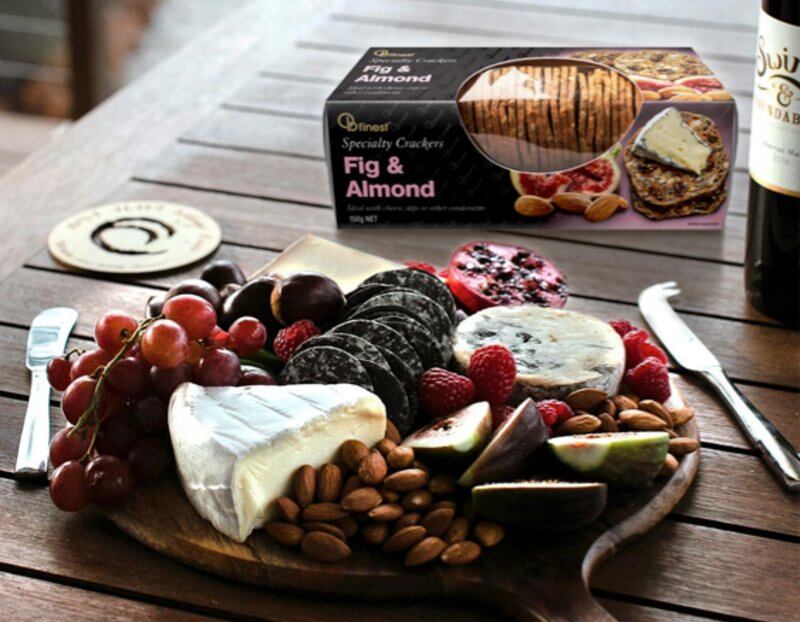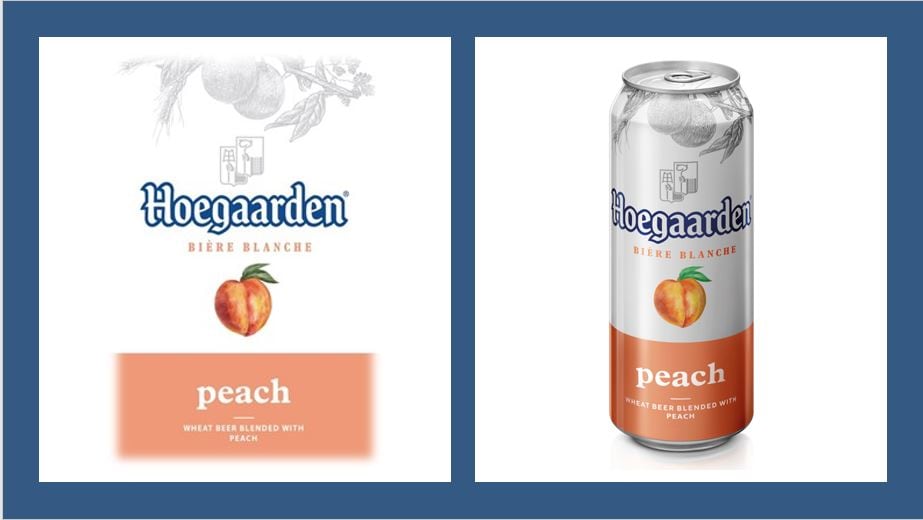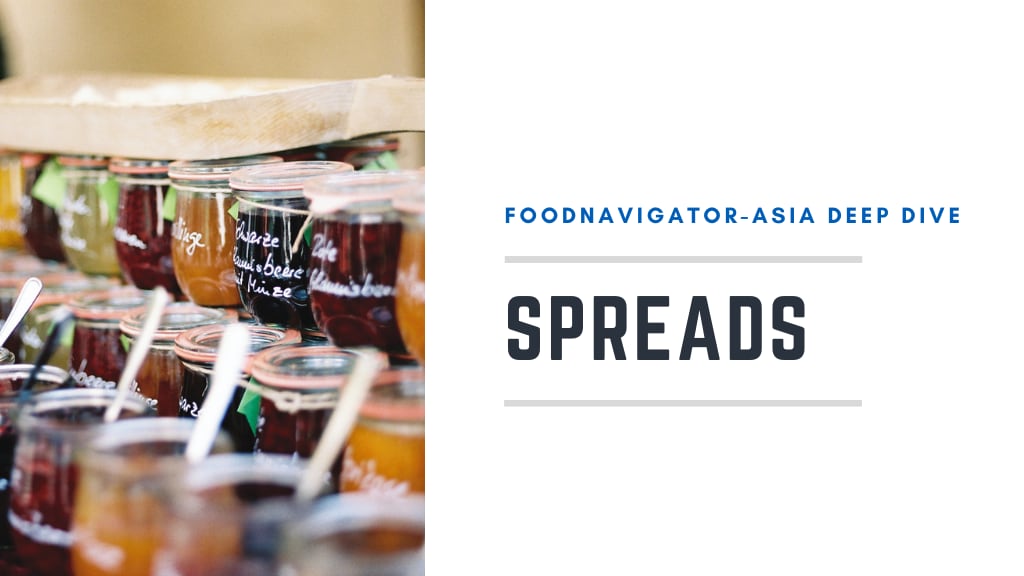Manny Pacquiao’s coffee brand to pack a punch in Middle East as distributor expands Filipino range
Importer and distributor SandBox has signed exclusive distribution agreements with Filipino brands including Pacquiao coffee and Oh So Healthy snacks to launch products in the UAE and GCC region.
Oh So Healthy (OSH) is a healthy snack company based in the Philippines producing fruit crisps. Pacquiao 3-in-1 Coffee is a brand co-owned and developed by Filipino boxer, Manny Pacquiao which launched in the Philippines only in April this year.
SandBox hopes to launch these into UAE supermarkets and health stores by June and July respectively.
Baladna CEO Exclusive Part I: Portfolio innovation and forward planning key to surviving and thriving says dairy giant
Qatar dairy giant Baladna’s CEO Malcolm Jordan has revealed the firm’s secrets to surviving and thriving amidst the COVID-19 pandemic as the early implementation of operational improvements and being quick to innovate in its product portfolio.
Baladna is well-known for helping Qatar achieve dairy self-sufficiency as a country as the nation faced a diplomatic crisis and blockade when its neighbouring countries blocked its access to the outside world over claims of it supporting terrorism activities. It now not only provides dairy for Qatar, but is one of the biggest dairy firms in the Middle East and exports to several countries too.
The firm continued its success in its recently-announced Q1 2021 results, revealing a 54% growth year-on-year in net profits to hit QAR44mn, even in the face of reinstated lockdown restrictions in the region.
“One of the key reasons we have managed to achieve this success is due to our product portfolio management – Improving our portfolio has always been a major strategic objective, and in Q1 2021 alone we launched an additional 13 SKUs and grew our product portfolio by 5%,” Jordan told FoodNavigator-Asia.
No Sour Grapes: Aussie team’s new technique has 100% success rate in determining wine’s origin
Just as the man made globally famous by a Netflix documentary outlining how he conned wine collectors out of millions of dollars was deported to his native Indonesia, a team of scientists from Australia believe they have found a fast and simple method of authenticating wine and ending global wine fraud.
Rudy Kurniawan was deported from the United States to Jakarta last week after spending seven years in prison after prosecutors said he made millions of dollars from 2004 to 2012 by putting less-expensive Napa and Burgundy wines into counterfeit bottles at his home in Los Angeles.
The scheme was recounted in the 2016 Netflix documentary Sour Grapes. In all, Kurniawan may have sold as many as 12,000 bottles of counterfeit wine, many of which may still remain in collections. He was ordered to pay US$37 million in restitution to seven victims and to forfeit US$26 million in property.
Tech ambition: OneAgrix has dreams of being the first halal unicorn
A Singapore agri-food marketplace harbours ambitions of being the halal-tech world’s first unicorn, even though it started off modestly and remains largely bootstrapped.
Diana Sabrain said she dared to hope that a billion-dollar valuation would become a reality for OneAgrix, the start-up she began to develop 2015, making it an Islamic Alibaba.
OneAgrix is a B2B platform with supply chain traceability that connects logistics and payment to serialisation and anti-counterfeiting for halal food and ingredients.
“It may just look like a marketplace, but at the back-end, that’s where the secret sauce is. We store all the certification, like halal certificates and ISO. In the future we want to integrate Global Gap certificates, and we save all that data on blockchain,” said Diana, who had been working in the commodities sector before leaving to develop the OneAgrix platform.
Japan nuclear monitoring: Tests show radioactivity concentration decreased in most foods products within five years
Monitoring tests of Japan’s food products after the 2011 Fukushima nuclear accident showed that drinking water, milk and infant food were within the radioactivity concentration limits after five years, but some samples from the wild animal meat and agricultural categories still showed high radioactivity.
The Fukushima Dai-ichi Nuclear Power Plant accident occurred in March 2011, releasing radionuclides into the environment.
In 2012, the government set standard limits for radionuclide in foods, specifically radioactive cesium.
The limits were set at 10 Bq/kg for drinking water, 50 Bq/kg for milk and infant food, and 100 Bq/kg for general foods which includes wild animal meat, fishery and agriculture.





